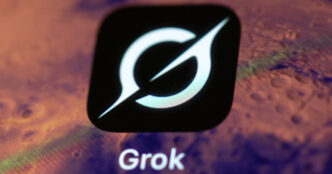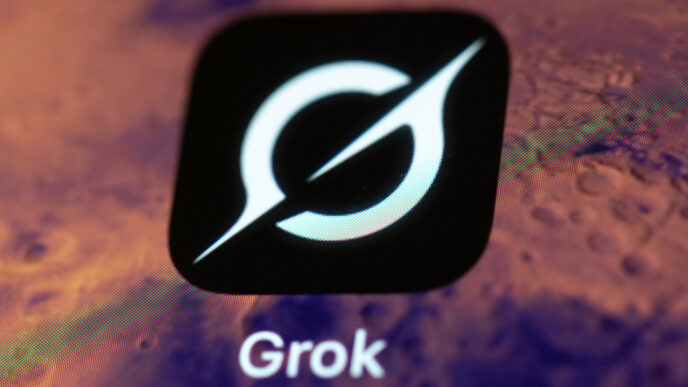ChatGPT use in academic papers sparks retractions and publisher crackdowns
The issue started in August 2023 when Guillaume Cabanac, a Toulouse-III professor, spotted the phrase “regenerate response” — a direct copy from a ChatGPT button — inside a physics paper published by the Institute of Physics. The paper was retracted by September.
Soon after, a biology paper showed off AI-generated images featuring a rat with an oversized penis, dubbed “Ratsputin.” That article got retracted too, raising red flags over peer review quality.
Alex Glynn, a University of Louisville librarian, has been tracking over 500 suspected AI misuse cases in academic publishing, including major players like Elsevier, Nature Springer, and Wiley. Glynn highlights typical AI giveaways like “according to my latest knowledge update.”
Publishers are reacting with guidelines rather than bans. Authors can use AI tools but must disclose it.
Nature Springer reassured readers:
We believe that AI can be a benefit for research and researchers
Elsevier added:
Overall, we view AI as a powerful enabler that, when responsibly integrated, strengthens research integrity and accelerates innovation
Both stressed AI use must be ethical and involve human oversight. They also deploy AI scanners to catch AI-generated content and images.
Cases like these expose gaps in peer review and push publishers to tighten policies around generative AI in research.














